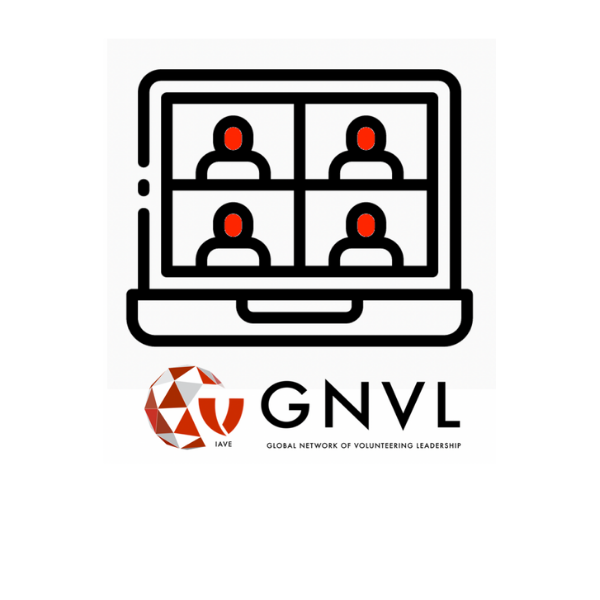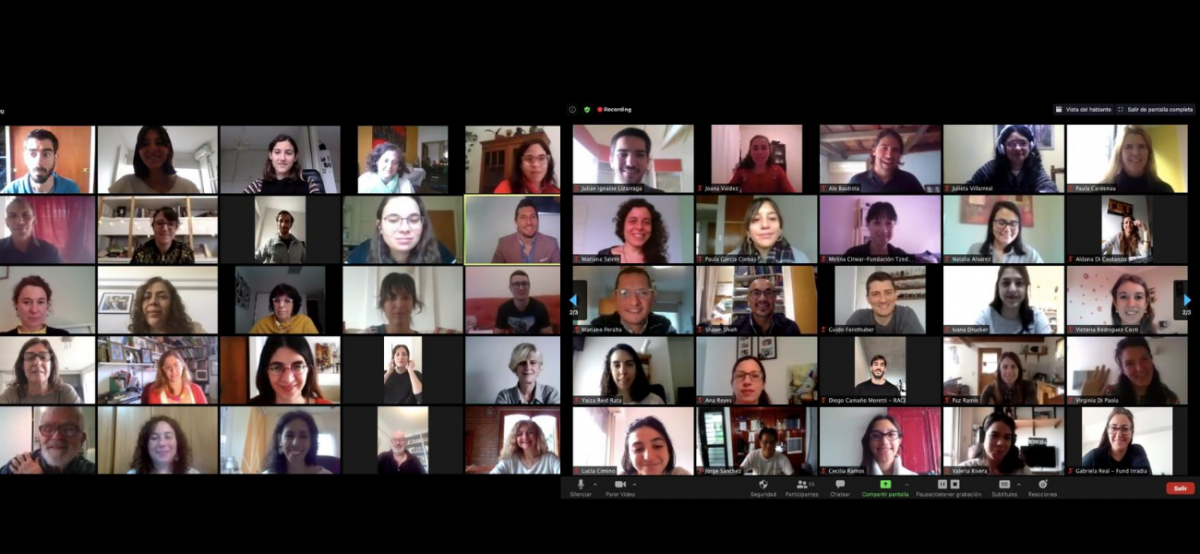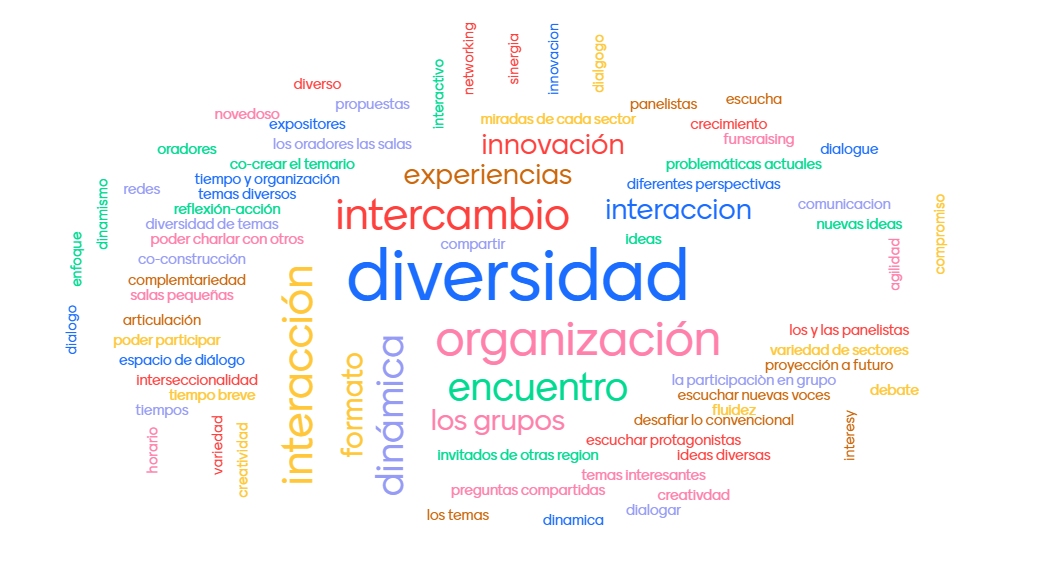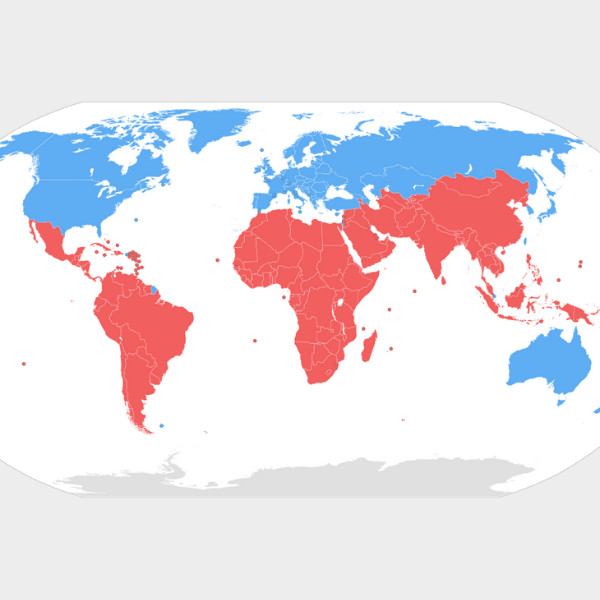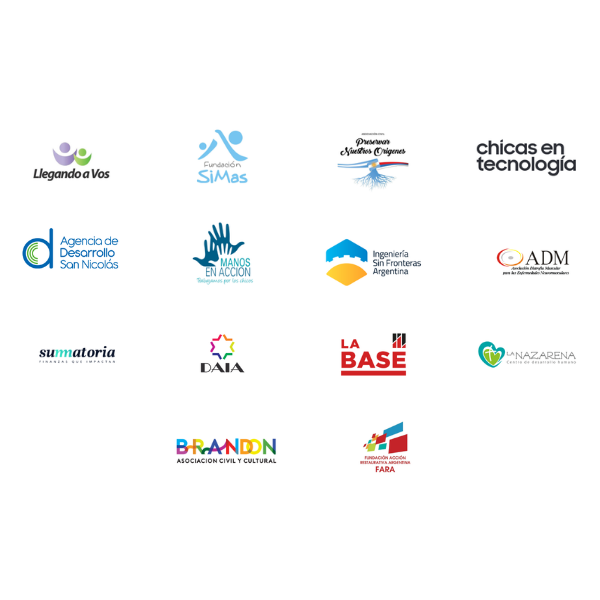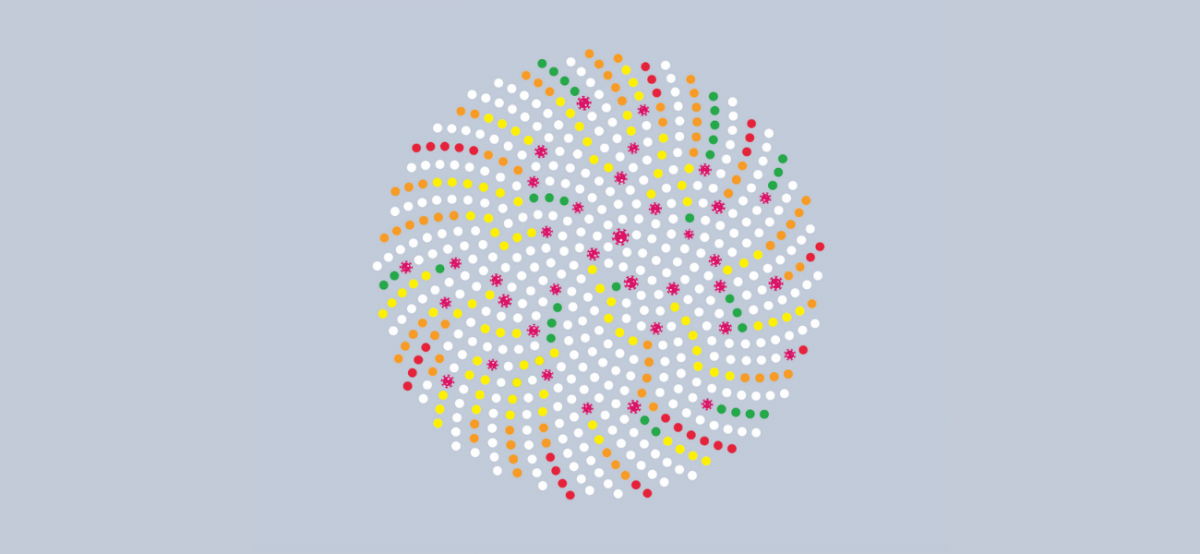After their respective mandates as members of the RACI Executive Committee, Noel Alonso Murray, Directorio Legislativo Foundation´s Executive Director; Patricia Kahane, Tzedaká Foundation´s Executive Director; Bárbara Kuss, Huerta Niño Foundation´s Executive Director; Raúl Zavalía Lagos, Executive Director of Pro Vivienda Social Foundation; and Emilio Xarrier, General Manager of the Latin American Art Museum of Buenos Aires «MALBA» are leaving their positions to make way for the new members 2020-2022.
Every two years, RACI opens the application process where each Executive Director of the member organizations can present their intention to belong to the RACI board. The process began on July 1, after being announced at the member’s assembly, with the application opening. The new Committee will be announced at the third assembly of the year that will take place on October 28th.
The election is both in an institutional and personal level at the same time, in order to maintain the continuity and coherence of the work that the previous team has been doing. RACI promotes that those elected reflect the thematic, geographical, and size diversity of the Network’s member organizations.
As part of the process, RACI received nominations from various Executive Directors for a month. To apply, each one had to complete a short form and send a letter. Subsequently, the profiles were reviewed by the Executive Committee in its capacity as evaluation commission. The evaluation was carried out exclusively to determine if the postulates met all the stipulated requirements. Once this stage was passed, the application was considered effective.
Voting was open between September 7 and 11. To guarantee transparency during the process, RACI used the Helios elections platform, which allows votes to be kept encrypted, while providing an intelligent monitoring system to verify its correct reception and accounting. Through this tool, each Executive Director of the RACI member organizations received an email with a link, a username and a password generated by the same system. In this way, each voter could participate in the election online, from any device and with the guarantee that the process was entirely transparent.
We would like to extend our gratitude to Noel, Patricia, Emilio, Raul and Bárbara for their exceptional commitment to the organization. The goals achieved during these years are the result of the great contribution and networking they made during their management.
The candidates for this year’s elections, in alphabetical order according to institutions, were:
Mariela Belski of Amnistía Internacional
Horacio Joffre Galibert of Asociación Argentina de Padres de Autistas (APADEA)
Alejandra Perinetti of Asociación Aldeas Infantiles SOS Argentina
Verónica Torassa of Asociación Azul Solidario
Anabella Serignese of Asociación Conciencia
Andrea Rives of Asociación de Familias Diversas de Argentina (AFDA)
Daniel Pomerantz of Asociación Mutual Israelita Argentina (AMIA)
Natalia Gherardi of Equipo Latinoamericano de Justicia y Género (ELA)
Marisa Giraldez of Fundación Banco de Alimentos
Marcelo Miniati of Fundación Cimientos
Constanza Oxenford of Fundación Germinare
Gabriela Lozano of Fundación Interamericana del Corazón (FIC Argentina)
Alejandra Scialabba of Fundación Kaleidos
Diego Aguilar of Fundación León
Carolina Tamagnini of Fundación para el Desarrollo de Políticas Sustentables (FUNDEPS)
Nicolás Rosenthal of Fundación Protestante Diaconía Hora de Obrar
Nicolás Federico of Fundación Reciduca
Manuel Jaramillo of Fundación Vida Silvestre
Florencia Ruiz Morosini of Proyecto Educar 2050
Virgilio Gregorini of Techo Argentina





